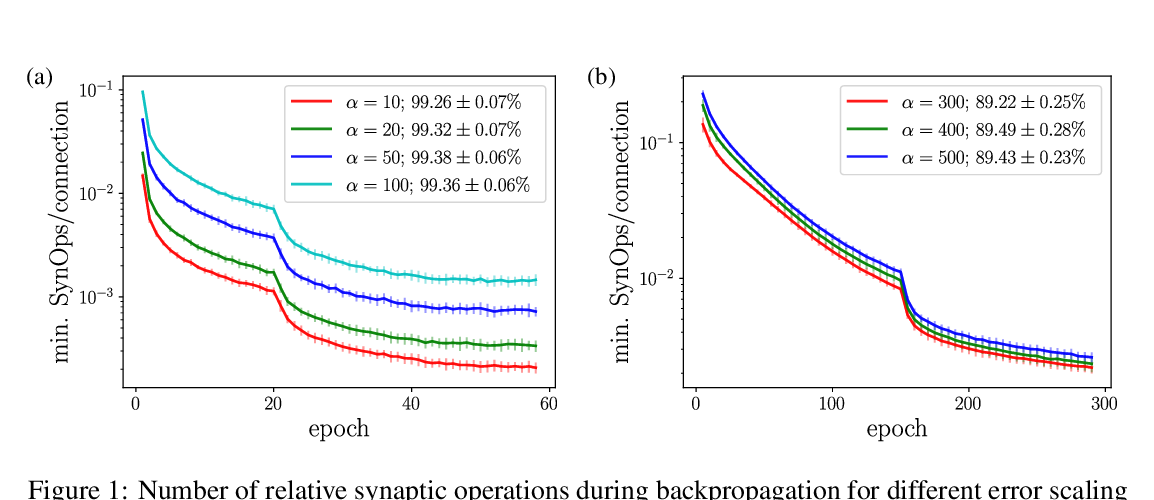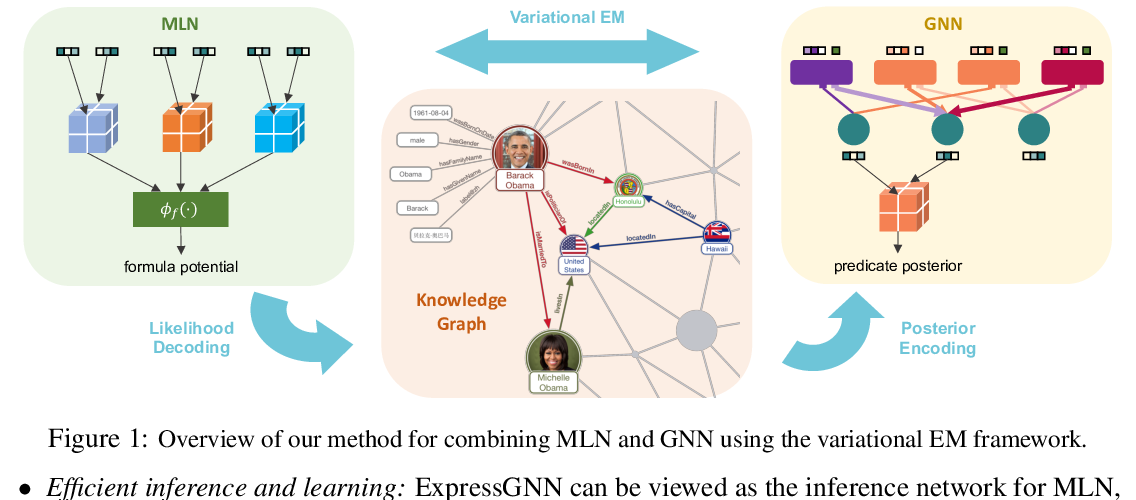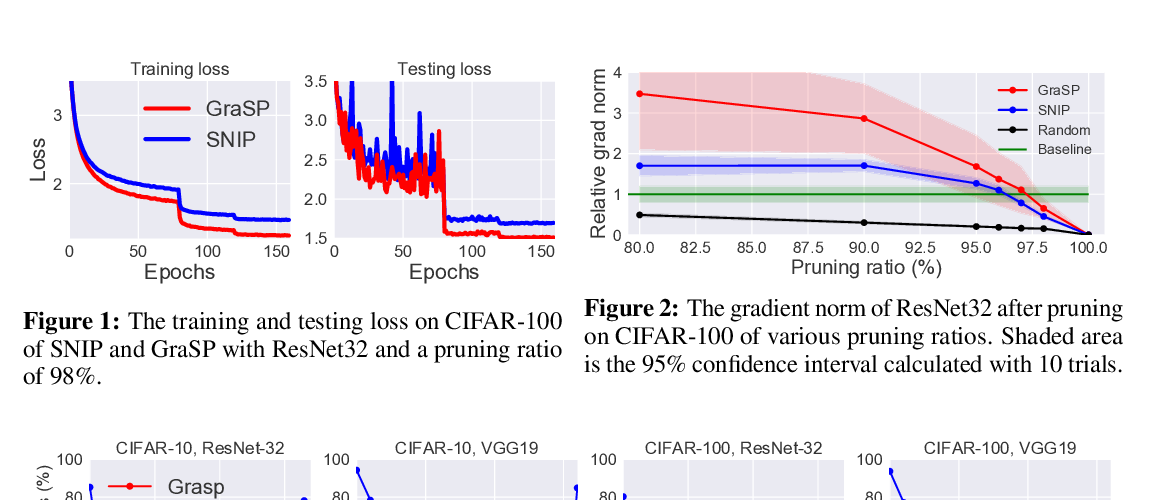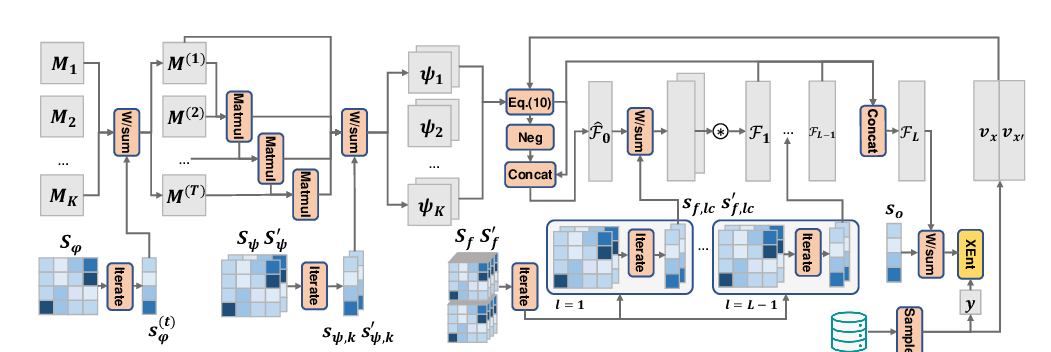Abstract:
Analyzing the behavior of neural networks is one of the most pressing challenges in deep learning. Binarized Neural Networks are an important class of networks that allow equivalent representation in Boolean logic and can be analyzed formally with logic-based reasoning tools like SAT solvers. Such tools can be used to answer existential and probabilistic queries about the network, perform explanation generation, etc. However, the main bottleneck for all methods is their ability to reason about large BNNs efficiently. In this work, we analyze architectural design choices of BNNs and discuss how they affect the performance of logic-based reasoners. We propose changes to the BNN architecture and the training procedure to get a simpler network for SAT solvers without sacrificing accuracy on the primary task. Our experimental results demonstrate that our approach scales to larger deep neural networks compared to existing work for existential and probabilistic queries, leading to significant speed ups on all tested datasets.



